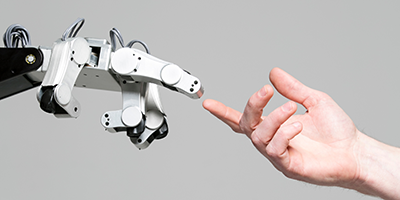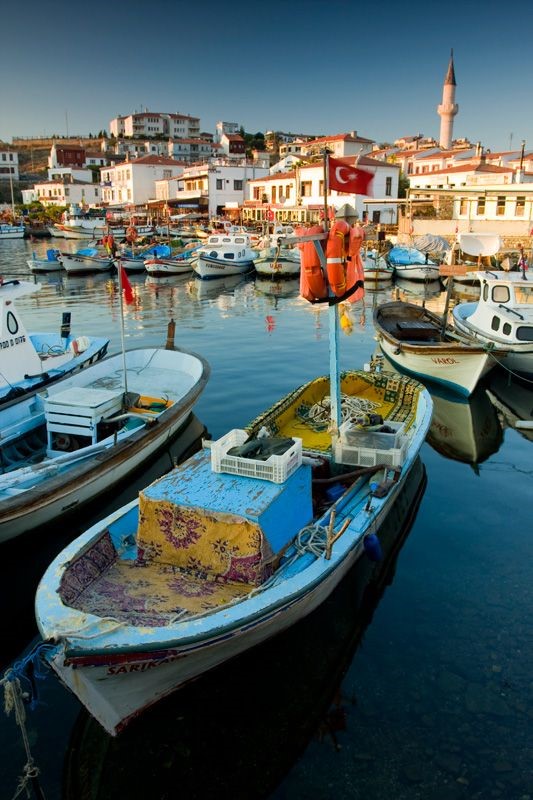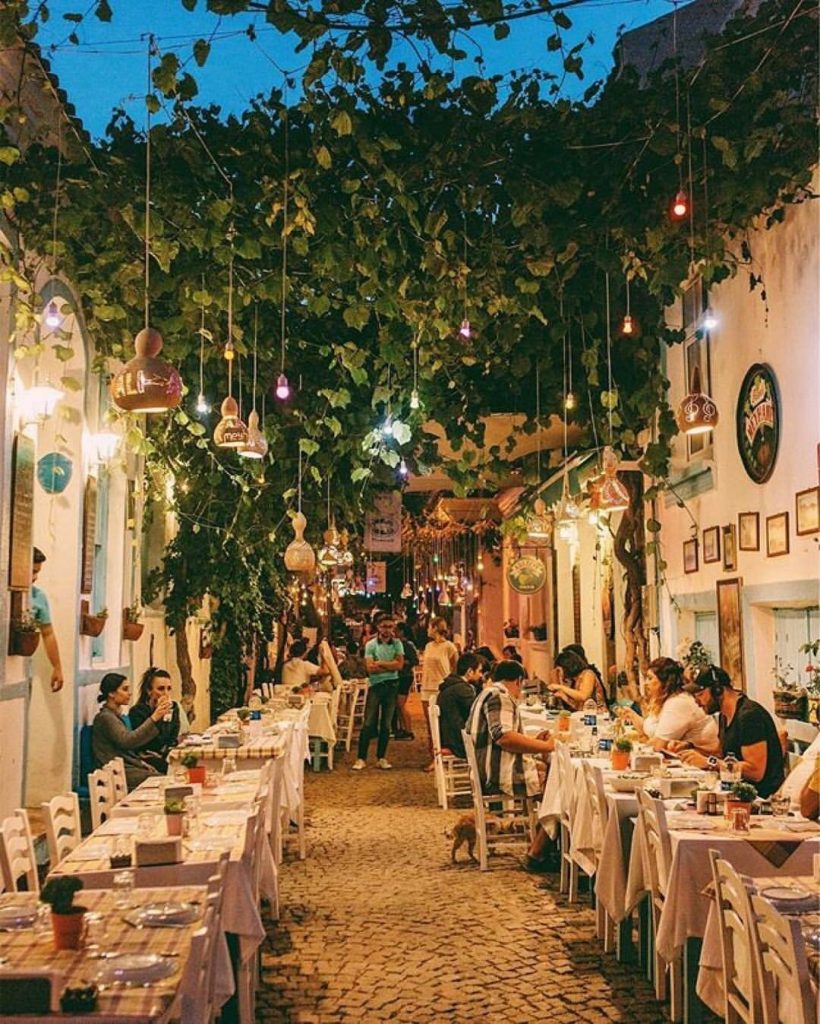Written by Ebru Ece Gulsan, Ph.D. student in Chemical Engineering
As graduate students, we are lucky enough to have the opportunity to pursue what we are passionate about on a daily basis. The training we get at Tufts is beyond excellent. We learn to become independent and curious researchers. Our work is meaningful and intellectually challenging. The notion of seeking solutions for today’s global challenges is priceless, and many more questions arise from every single step we take. But in order to have the greatest impact on society, we must make our work accessible to general audiences. I think it is crucial to find ways to break down our findings, clearly communicate who we are, how scientific processes work, and how our research benefits the public. But why take these extra steps when we already have so much on our plates?

From a very selfish point of view, I believe scientists need that type of outreach as much as society does, if not more. Pursuing scientific research is a very isolated profession and limits non-scientist human interaction. Scientific outreach not only enlightens the society we live in, but also helps us see our work from a new set of eyes. We get to understand different perspectives and expand our horizons. But most importantly, we might receive deep appreciation from a wider community. Think about that way; the only place we share the details of our work is probably our research group meetings, where everybody is pretty much an expert in the field. Our labmates will not be as impressed by our results as a non-expert would be. We all need a reminder about how awesome we are doing, and science outreach is an excellent way to feel appreciated.
Communicating our work in a research group meeting is easy; because those people often already understand the technical details, challenges, and findings. But in reality, breaking down and disseminating science is a muscle that we need to work on, especially when our audience is not familiar with us. Note to self: probably 99.9% of people do not care about the ring cleavage reaction of naringenin; but they would love to hear about why eating an orange is good for them. I find that scientific outreach significantly improved my communication and teaching skills. As I forced myself to look at my work from other perspectives in order to simplify, I gain a better understanding of all my findings, methods, goals, and next steps.

Another attractive aspect of science outreach is the feeling of accomplishment. It is an easy way to put a tick next to one of your tasks on your to-do list. It does not even feel like a chore. In fact, I would say it is actually pretty fun. This entire science communication thing is very rewarding and let’s be honest; our research is not ALWAYS rewarding. We have mastered celebrating micro-achievements among many failures in the lab, so we might as well benefit from feeling fully accomplished once in a while.
Now let’s get back to why science outreach is good for the society, aka the less selfish reasons to volunteer for science communication. As scientific work becomes more global and collaborative, it is important to build healthy relationships among scientists and general public. The ivory tower of academia creates an unnecessary gap between scientist and non-scientist communities. For our science to be well understood and accepted, first we need to find ways to demonstrate that scientists are also part of society. They should be approachable and represent someone with whom anyone would like to grab a drink with.
Think about what mesmerized you so much in the past, and inspired you to deep dive into a scientific career. It might be a combination of many different occasions, but I bet some experts and/or passionate people were involved in your decision-making process. Science outreach is your chance to do the same for the youth by being their inspiration. Communicating your work passionately and explaining where you came from is a great way to show that pursuing science is accessible to anyone and it is definitely something to love. You are the BEST person to explain what YOU are doing in the entire world. So do not let anyone else to do it for you.
So where do you start? Being located in the center of a university is a fantastic opportunity when it comes to finding science outreach opportunities, even in the middle of a pandemic. Tufts is doing an excellent job in letting us know about possible outreach opportunities, so keep an eye on weekly newsletters or be proactive and try something on you own! There are so many local museums and schools that you can reach out to and offer help, even remotely. Currently, I am a part of the Science Coaches program, a joint American Chemical Society (ACS) and American Association of Chemistry Teachers (AACT) science outreach initiative, which pairs science students with chemistry teachers over the course of a school year. Despite the social distancing requirements, we have managed to use virtual tools to make it work for both sides. Massachusetts also hosts many science and engineering fairs, and they are always in search for experts to volunteer as judges. Tufts usually hosts or contributes to the Massachusetts Region IV Science Fair, so if you are looking to participate, watch out for an email about call for judges! There is also “Skype a Scientist,” a virtual science outreach initiative, which connects scientists with educators and students from all around the world. You can host Q&A sessions and find a remarkable audience to discuss your work with. Maybe you could start a science blog or join us at Tufts Graduate Blogs and let your voice be heard!
Science outreach is truly a gift for both the giver and receiver. It is a privilege and a responsibility to connect with society through our work, and we all should take the time to participate in scientific outreach as much as we can!


